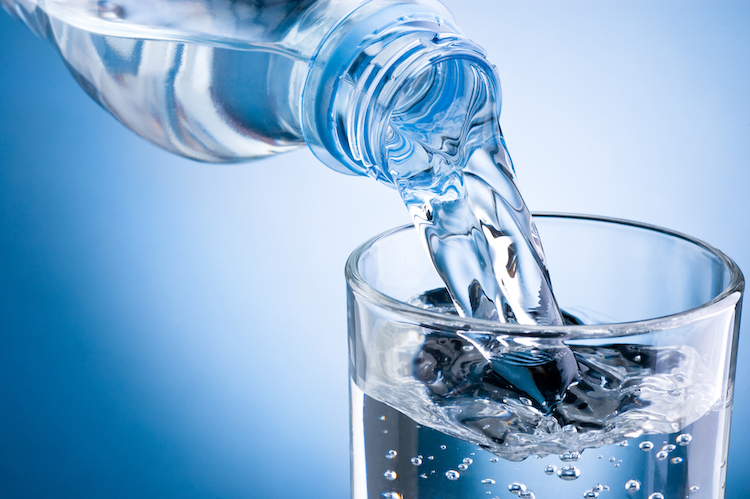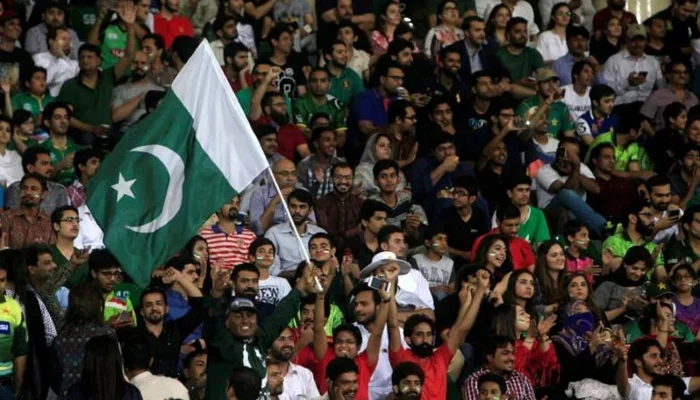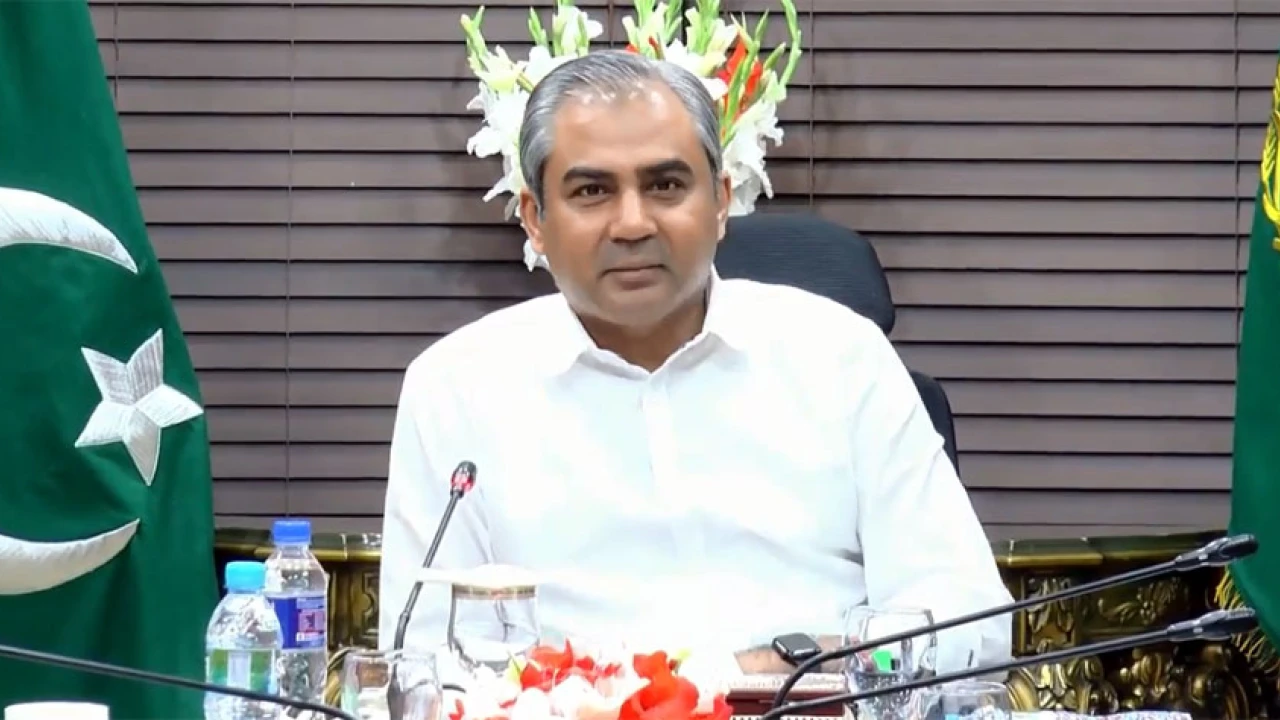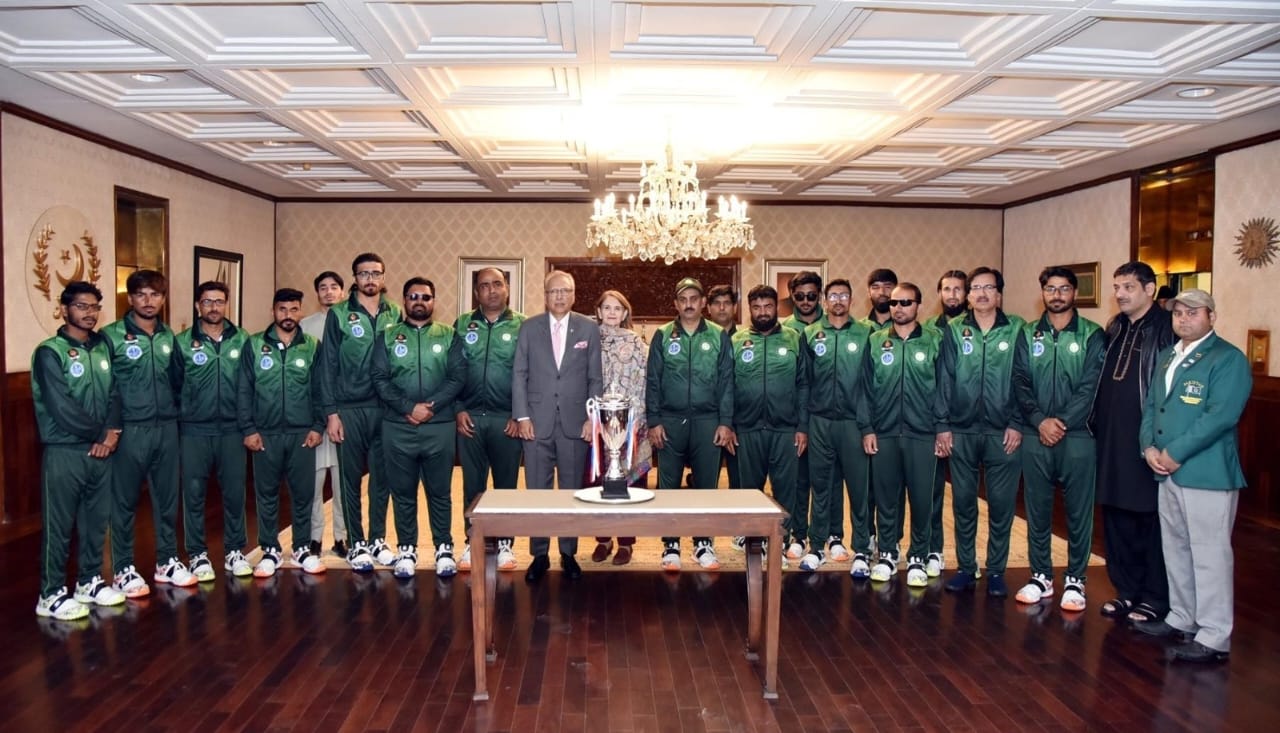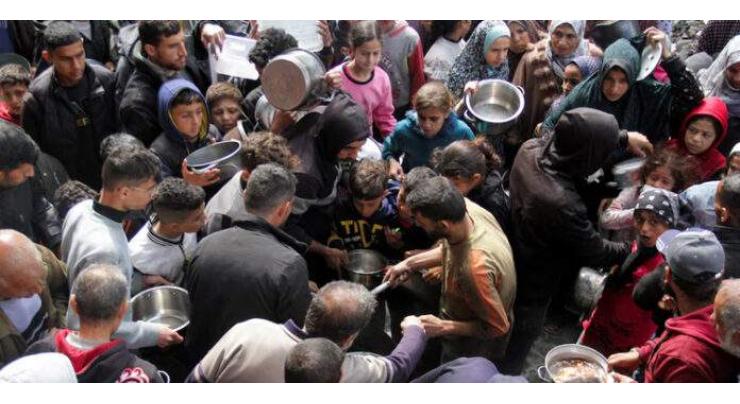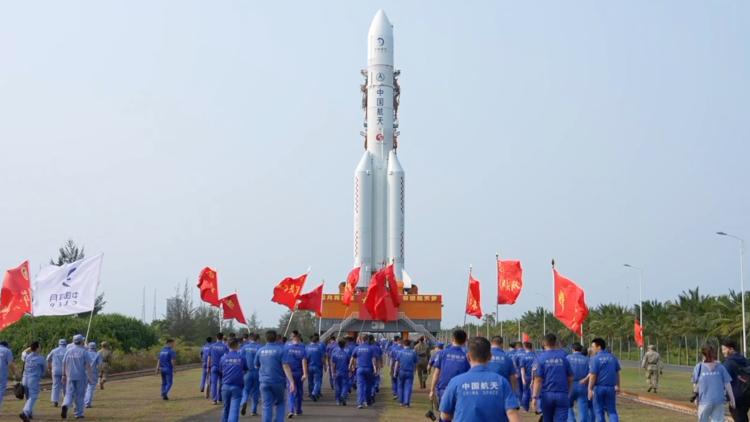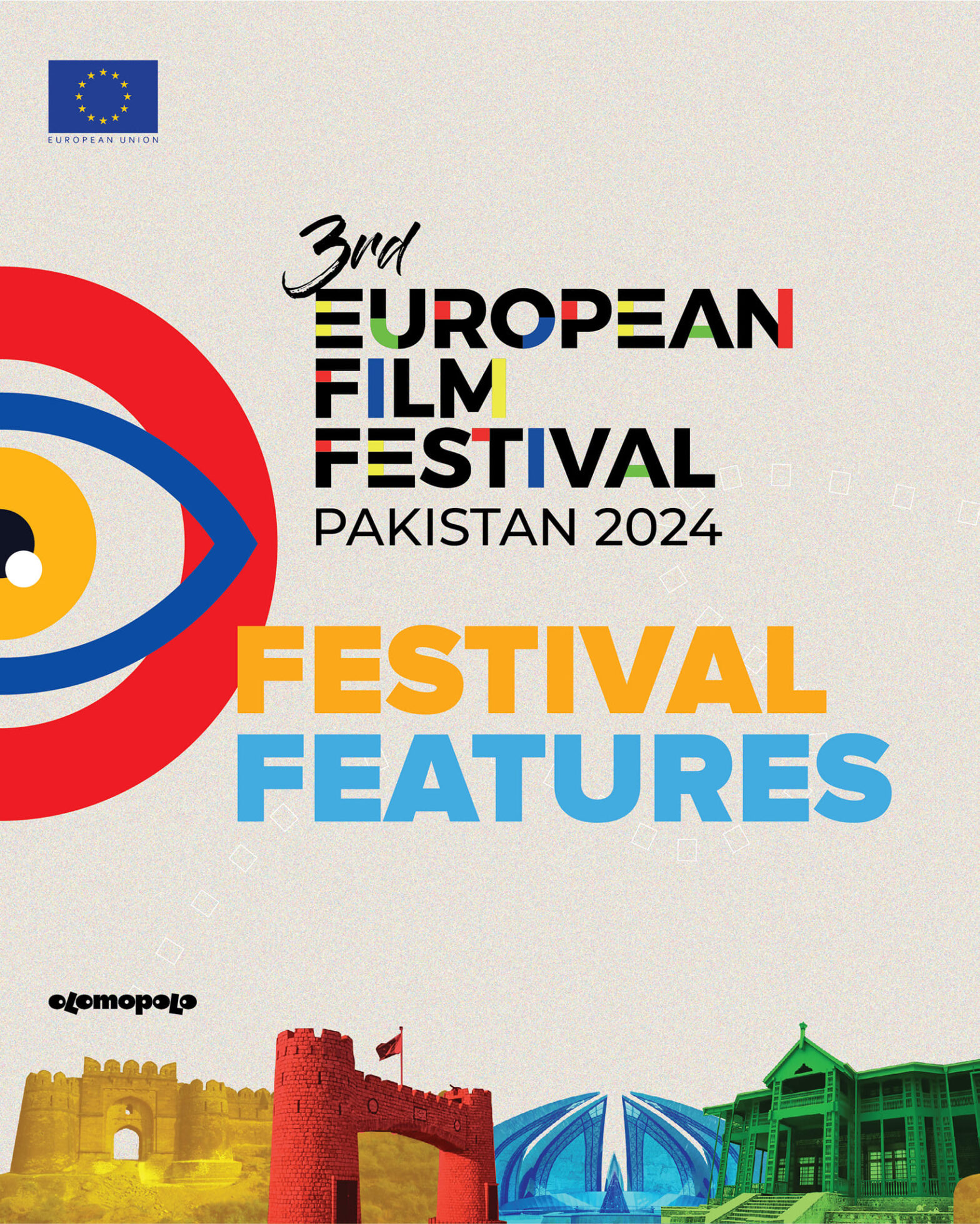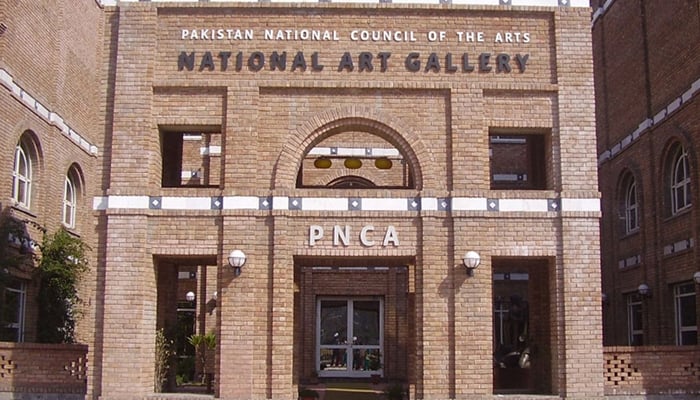One of the most visible movements in Pakistan today is a significant transformation in the way its people are consuming water. In recent years, a curious trend has emerged – the shift towards bottled water.
In fact, the use of bottled drinking water in Pakistan has increased drastically during the last few decades. According to one report, while water consumption was 33 million liters in 1999, it increased considerably to 70 million liters in 2003, and has only been increasing since.
This movement, characterized by an increasing number of Pakistanis choosing bottled water over the traditional tap variety, has ignited many discussions and inquiries. Why, in a nation with a strong history and background in communal water sources and an enduring reliance on tap water, are more and more people reaching for bottled alternatives?
One challenge in the vast tapestry of challenges that Pakistan faces, is its position at 80th out of 122 countries in the World Health Organization’s (WHO) ranking for drinking water quality. It weaves a distressing narrative. This ranking isn’t just a statistic; it’s a reflection of the vivid struggles people endure daily, and there are several reasons behind it:
Aging Pipes: Many of Pakistan’s water supply pipes are very old and outdated, which leads to leaks and contamination. In addition, the lack of repairs and modernization has made things even worse.
Industrial Pollution: With rapid industrial growth, harmful chemicals and pollutants are released into rivers and lakes excessively, and they cause much harm to the water supply. The toxic water seeps into the groundwater, and eventually ends up sullying the tap water.
Farming Impact: The use of pesticides and fertilizers in agriculture adds to the contamination, affecting the quality of tap water, and in a lot of cases making them outright unfit for consumption or use in any way.
Growing Population: The increasing population adds more pressure on the already struggling water supply systems, making it hard to maintain water-related infrastructure as well as water quality.
The drop in tap water quality all over Pakistan is a major concern for the public. People are reporting many concerning health problems like stomach issues, skin troubles, and even long-term health complications due to drinking contaminated tap water. The unpleasant taste and smell of tap water have also discouraged many from using it for drinking or cooking.
With that said, the rapid urbanization that Pakistan has been seeing over the past decade has ushered in a transformative wave across the country. As cities grow and flourish, they bring the promise of better lives, economic opportunities, and modern conveniences. As such, it has reshaped not only Pakistan’s skylines but also the very essence of how its people access clean water.
As a preferable alternative to tap water, bottled water has thus emerged as a lifeline for many Pakistanis, and for a variety of reasons. It provides a sense of security in such situations. It’s not just about its crystal-clear appearance. Bottled water offers a sense of security in the midst of this uncertainty. When you pick up that bottle, you’re essentially holding a symbol of trust – trust that the water inside is safe for you and your family to drink. The perceived safety of bottled water has propelled it to the forefront of consumer choices, as it offers a portable source of assurance in a landscape where the deteriorating quality of tap water remains a growing concern
However, it has become apparent that people prefer bottled water for a variety of other reasons as well.
One common perception is that bottled water just tastes better and is of higher quality compared to tap water. Although this can be subjective, the belief persists. Convenience plays a big role too; bottled water is available in different sizes, and is made to be easily portable. This makes it easy for people on the move or in places where tap water isn’t easily accessible to have drinkable water within easy reach.
Travelers and outdoor enthusiasts also often opt for bottled water as a reliable hydration source when tap water isn’t an option. For those worried about water quality, bottled water is often marketed as pure and free from contaminants, which can be comforting. Some bottled waters also contain specific minerals or electrolytes, which can be seen as added health benefits or just a flavor preference. And for many, bottled water avoids the chlorine taste that tap water can sometimes have.
Then, there’s the variety factor. Lately, bottled water has been coming in various flavors as well, including carbonated options, catering to those who prefer flavored or sparkling water over plain tap water. Plus, the convenience of single-serving bottles is hard to ignore, especially for those who like to control their portion sizes.
Access to clean water is not merely a basic necessity; it is a fundamental right. With the declining quality of tap water and the ever-emerging benefits and appeal of bottled water, it is not difficult to perceive why Pakistanis are shifting more and more towards bottled water by the day. But the bigger picture cannot be ignored. Many parts of Pakistan still struggle with providing clean and safe drinking water, which further drives the demand for bottled water as a dependable option. It is thus crucial to work towards finding a sustainable, long-term solutions to ensure safe drinking water access for everyone.
